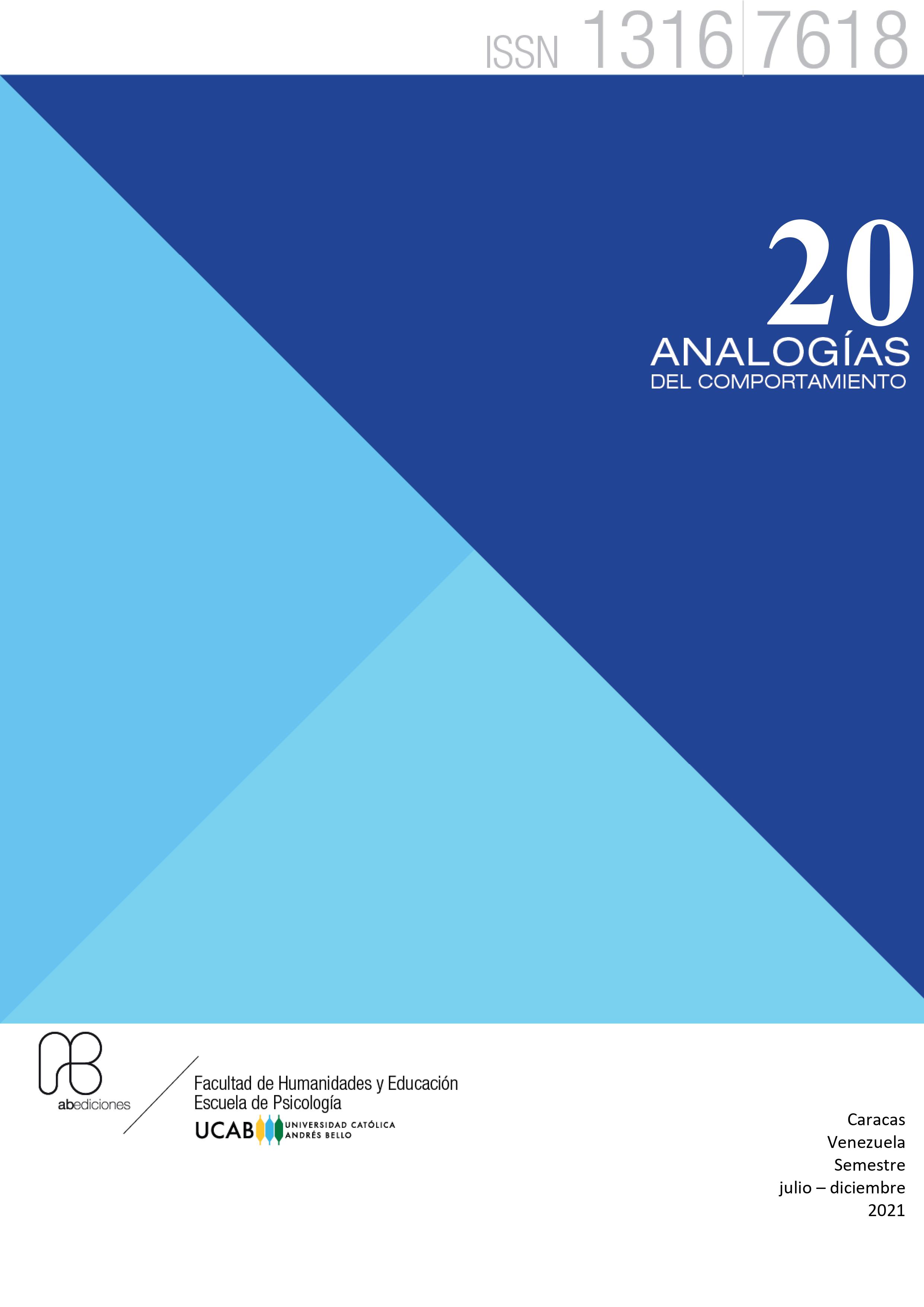Creencias asociadas al empleo de las vacunas contra el COVID-19
Resumen
Según la Organización Mundial de la Salud, las vacunas aprobadas son una estrategia válida para contener la propagación del COVID- 19 y evitar la mortalidad causada por la enfermedad; sin embargo, hay aún personas que no se vacunan. Existen un conjunto de factores que pueden llevar a una persona a vacunarse o no, resaltándose en la literatura los mitos o creencias alrededor del origen y efectividad de las vacunas contra el COVID-19. En la presente investigación se pretende conocer las creencias que tiene un grupo de venezolanos referentes a los beneficios y desventajas de las vacunas del COVID-19, así como de las razones por las cuales se cree que las personas no se vacunan contra este virus. Enmarcado en una investigación de tipo cualitativa con la participación de 94 sujetos con edad promedio de 40 años, se aplicó vía online una encuesta con preguntas abiertas. Se empleó el análisis de contenido para analizar los resultados. Se encontró que entre las ventajas resaltan que la vacuna evita complicaciones, favorecen inmunidad que previene la enfermedad, evitan la muerte y evitan contagio. Las desventajas más nombradas son la producción de efectos secundarios, el aumentar riesgo de COVID-19, poca experimentación o ensayos clínicos y complicaciones por enfermedades preexistentes. Entre las razones para no vacunarse se halló el miedo, las contraindicaciones o efectos secundarios por enfermedad preexistente, la desconfianza y la ignorancia/falta de información. Con lo hallado se pueden crear instrumentos objetivos que permitan evaluar las creencias que tienen las personas acerca de las vacunas - COVID-19 y diseñar intervenciones pro vacunación.
Palabras clave: vacunas, COVID-19, ventajas, desventajas, razones.



